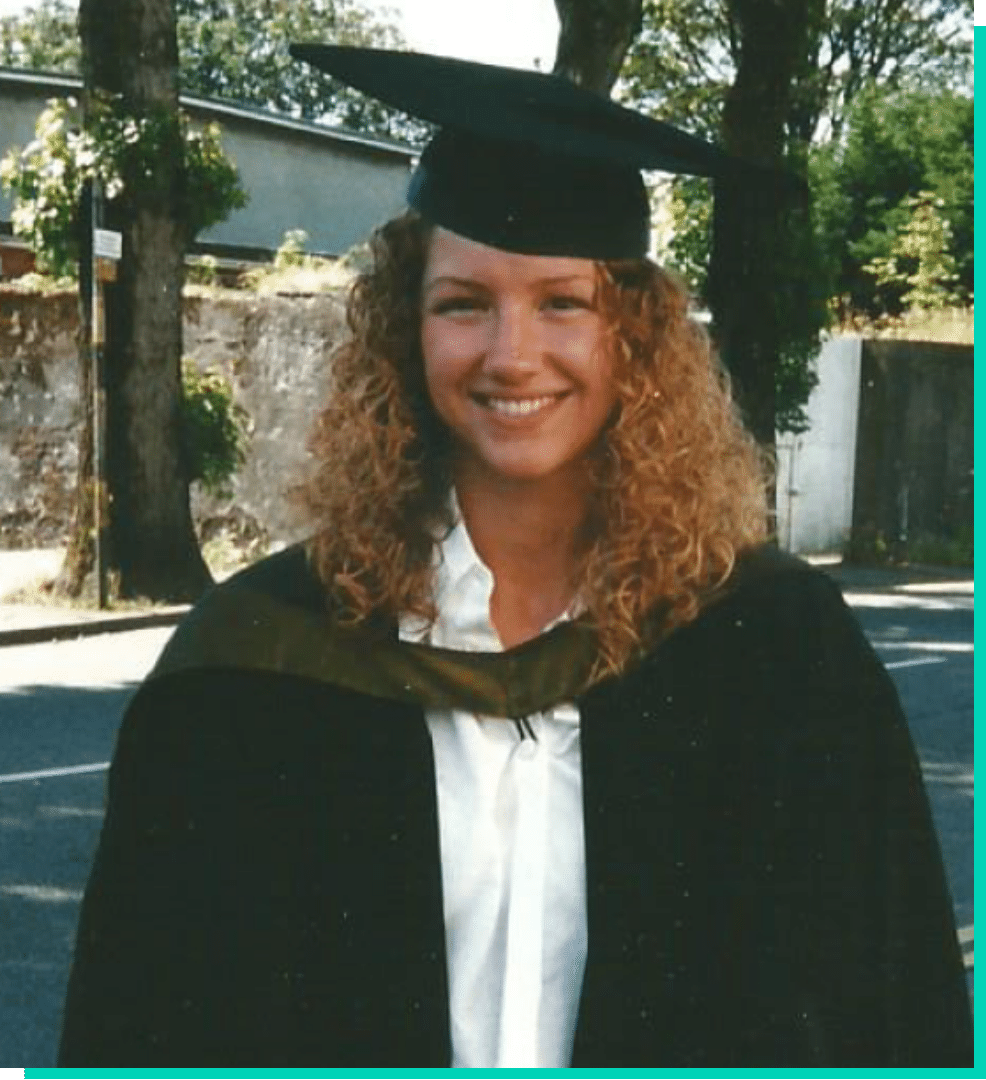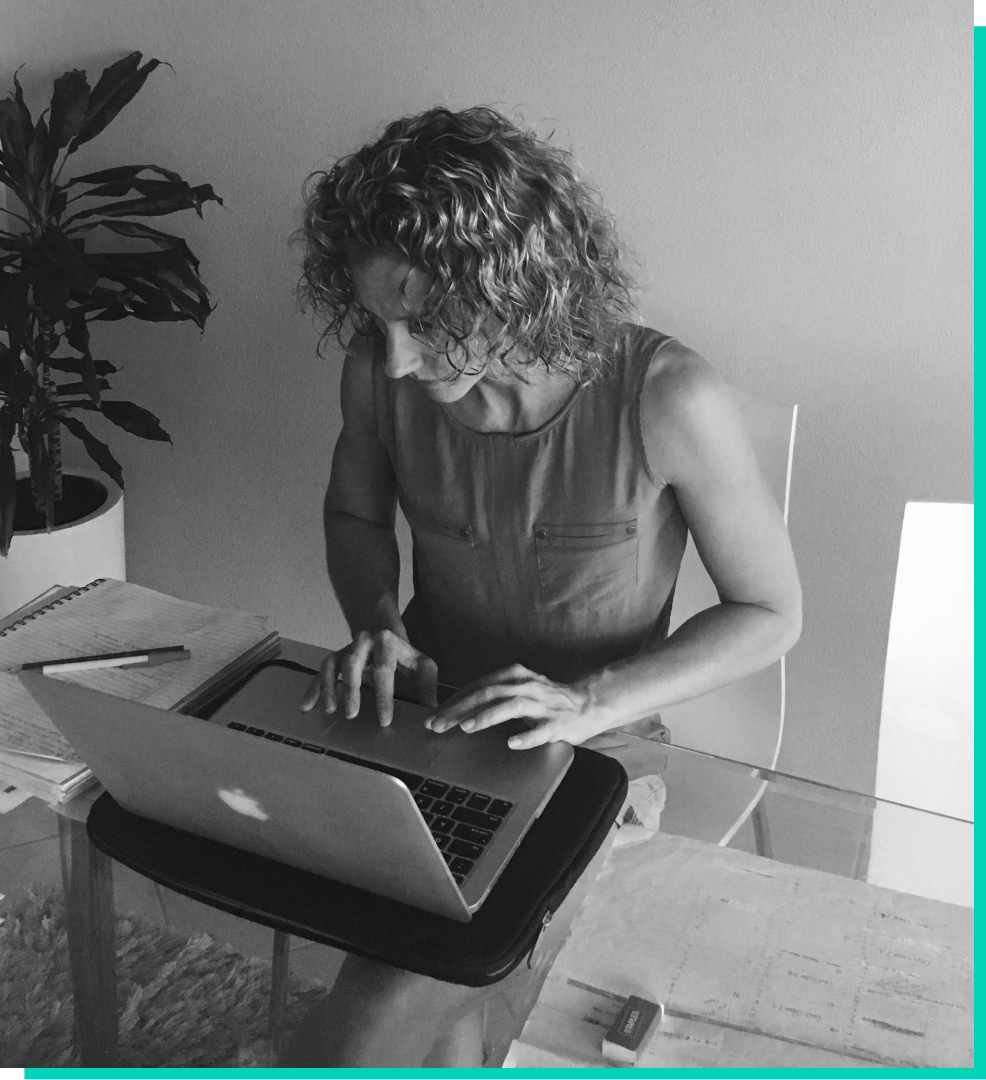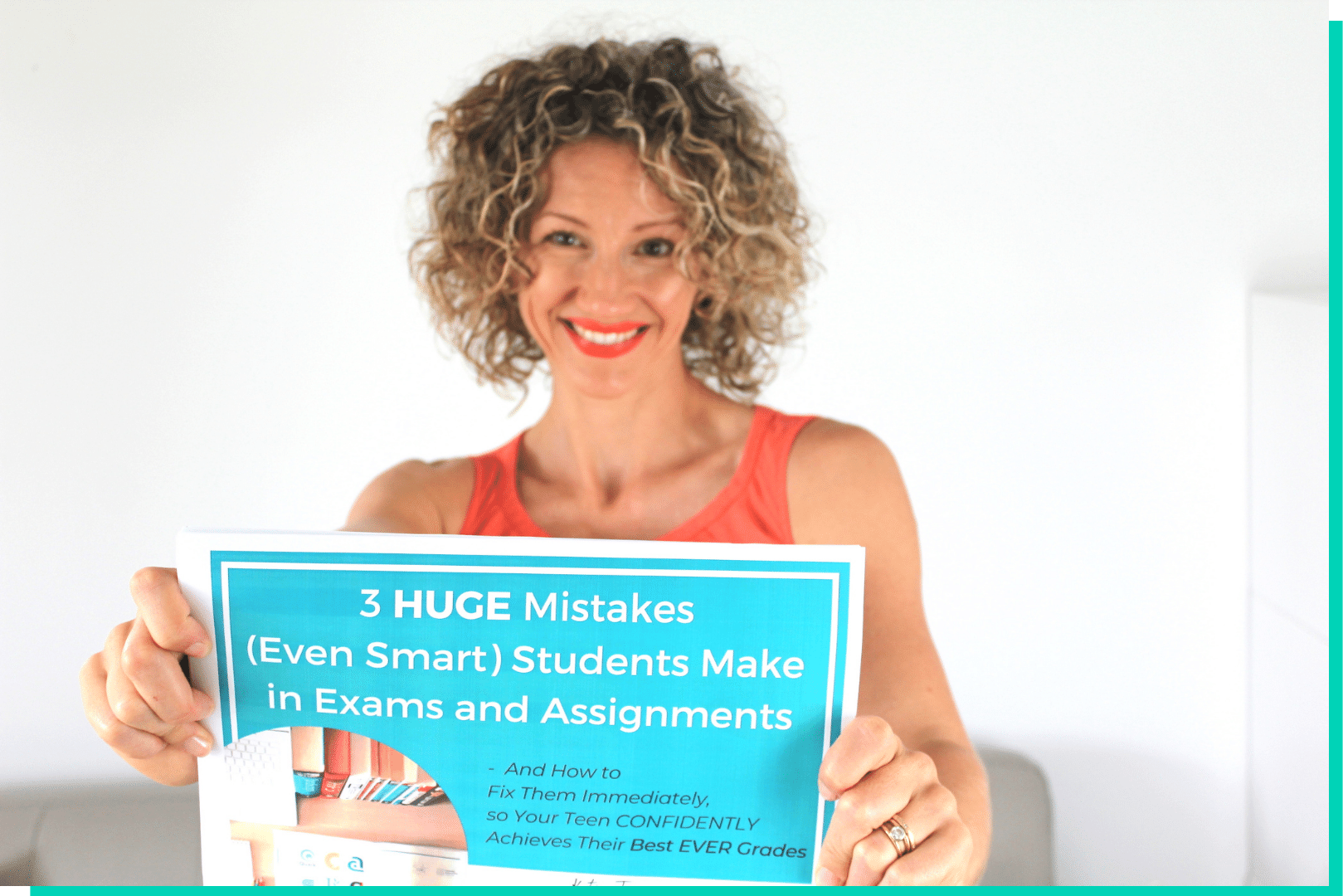I did all those things myself as a student.
I believed that if I wanted to get better grades, I had to study longer and work harder to learn more and more information.
And I see it all the time today as a high school teacher, exam specialist and study coach.

What about you?
Resigned to your teen having to study like their life depends on it
(which, hmmm, let’s face it, in some ways it kinda does - at least in their eyes).
Maybe you see them studying all hours
and although you’re supposed to feel grateful that you have a teenager who wants to study hard,
you secretly wish they could take more time out for sports, hobbies, friends,
or even to *gasp* take a break and relax a little.
You worry about the infamous ‘burn-out’ if they’re in their senior years,
or, if they’re in Y9 or Y10 you dread the senior years because things are already so . full . on.
You wish you could help them, but…
- You weren’t taught how to study strategically;
exam technique was simply leaving 10 mins at the end to check your answers
and 'Success Criteria' wasn't even a thing.
AND
- When you do try your best to help, your advice isn't always met with enthusiasm and gratitude.
#thoseteenageyears
OR
- On those occasions when you are 'allowed' to help on the latest assignment, you both put in a team effort and feel proud of their (your) finished piece, only for the result to reveal that you really didn’t grasp those ‘Success Criteria’ as well as you’d thought.




